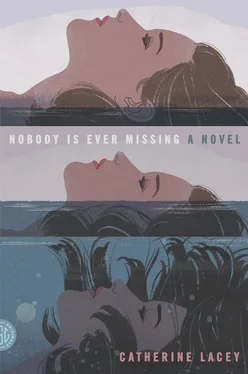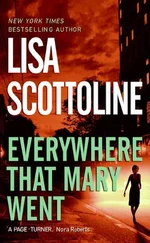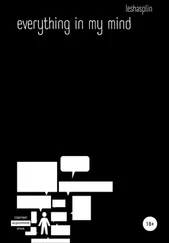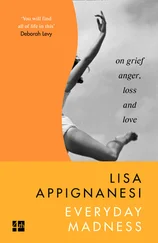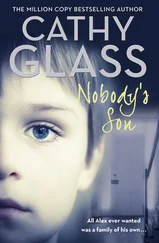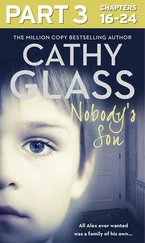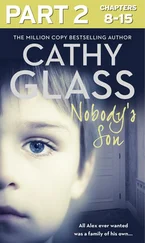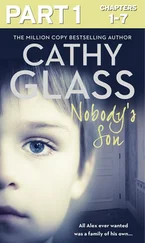Nothing is clear or easy to me anymore , I said to my husband, and he told me, still in that malformed voice, that he had something important to tell me. He said he would leave a letter with the doorman of his (not our) building, and that letter would tell me what I was supposed to do, it would outline what remained of the life I’d left, and what of it I could still claim. He breathed in and balanced his voice on what seemed to be the last stable edge of himself.
Elly, I am not yet sure what to do with you or myself, if there is still a context in which we can exist. You have complicated all the contexts in which we had formerly existed, Elyria, you have tested their outer reaches. There are limits to what a man can stand, to how much being treated unlike a husband he can take before he is, in fact, no longer a husband, no longer willing to be the half of the life that he had thought he was living in.
I was listening to him as carefully as I could, still taking his words into my hands and folding them into smooth rectangles and putting them in a neat stack beside me. And now my husband had told me what my next chore would be, that after I was sent back to New York there would be this letter and that seemed nice, having instructions, directions, maybe even a list with open boxes for checking and I could go check, check, check, done, done, done, and be back in my life or its vague approximation. After he told me about the letter he said that he couldn’t talk anymore because he needed to go, but it was clear in the way that he spoke that he didn’t actually need to, he just wanted to, though I may not be the kind of person who can be relied upon to make a distinction between wants and needs, and I may not be a person who can parse any space between needing and wanting or even wanting and being compelled or being compelled and being swallowed whole by something, picked up and taken away by something like a desire, something like a need, something like a compulsion. But I knew that what my husband meant when he said that he needed to go was that he wanted to hang up the phone and pour himself a glass of gin if the hour was appropriate or even if the hour was inappropriate and he wanted to go sit in his chair, his favorite chair — the beige one with the stain on the left arm — and he wanted to put on one of his mother’s records, that unlabeled one that he’d never heard when he was a child but it was still one that she had owned, had probably paid money for or was given at some point, this recording of a string quartet performing something just morose enough for everyday listening, and the composer had always been unknown because the tune was unfamiliar and the original sleeve had been lost and replaced by a fold of plain cardboard, and as he sat in his chair and listened to this record for the thousandth time as he held the night’s first glass of gin, he would keep the tempo of the quartet by swinging his head so slightly to the right (with his eyes closed), then back to center, then throw his chin up (still with his eyes closed), then back to center and to the right again, center, and up again, center, eyes closed and right, center, and up, center, still with shut eyes and right, center, up, center, and he would do this for hours, eyes always closed, as the record played and ended, and he’d turn it to the B side then to the A side again and the B and the A and this, I knew, was what he meant by I need to go, Elyria ; he meant he had to go into the place where he went when I became too much for him, the place where he conducted music played by men or women who were (maybe) long-since dead, men or women who he’d only known as violins, a viola, a cello, men or women who had therefore, essentially, always been dead to him, alive only in the recorded shadow of once-vibrating strings, alive only when the record spun, but somehow his mother was in that record, I knew, and that’s why he had to play it, that’s why he had to conduct it, that’s why he had to be a conductor to that music, that energy, her energy, that last crackly, rotating bit of his mother that existed and my husband conducted those songs, also, because I was too much for him to conduct and for that I would like to apologize, that I had always been the wrong watt for my husband, that I was always tripping his circuit, that I was never something he could quite carry.
The nurse took the cordless phone out of my hand and walked out without any kind of explanation and the door audibly locked behind her and I was just left with myself behind that locked door and even though this wasn’t a particularly nice place that I was in, I decided or perhaps just felt then that I wanted this exact moment to stay awhile longer than any other moment. I said to myself, Moment, you should stay, you should stay even though I know you can’t and wouldn’t even if you could , and I wanted this, I now realize, because I loved the limits I had in that moment — the edges of my hospital bed and the hideous walls of that room and the door and the lock in the door and the country that was keeping me and the knowledge that a psychiatrist was steadily marching toward me, that he was going to ask me questions and record my answers and he was going to watch how my eyes moved and when and watch where I put my hands and how, and all these little things were going to be recorded, flattened out onto a sheet of paper that would tell the embassy and the immigration agents and Homeland Security and my waiting husband exactly what I was and why I was what I was, and I loved that these were the cozy limits of my little life, in the limit of this moment, in the antiseptic huddle of the hospital room, in the blurry cocoon around me that everyone was calling the world, this moment — well, I wanted it to stay , just like that April day, the first spring since Ruby had split herself open on the brick courtyard, and the first spring since I had met the professor who would become my husband, when he and I were in a park, lying on a quilt he told me his mother had made and for the first time since I’d met him he smiled when he talked about his mother, and the professor and I were in the park and lying on our sides on that quilt and holding hands and looking in each other’s eyes and both of our hearts were making themselves known to us as highly functional organs — beating like the strongest and most patriotic of soldiers leading the march of our little lives — and so the professor and I were the most in love that two people could ever be because we had been united by the loss we had in common and despite this or because of this we had allowed ourselves to fall in love during that all-time darkest autumn, but then the snow had come and gone and the ground had dried and trees had leaves again and we were finally there in the middle of it again, staring at the impossibility of spring, again it was spring, and staring at the impossibility of being so alive and being so awake with someone else and the professor, staring at me in this yellow moment, decided to say something someone long dead had said or written: he said, Moment, stay ; and I said, What? , and he said, It’s something Virginia Woolf wrote: Moment, stay because you are so fair, or something like that , and I said, So this is how you feel? How Virginia Woolf already felt? , and he said, Yes , and what I felt then was partially agreement with him because, yes, I was also in love and wanted to stay in it, but also a kind of sadness, a kind of anger, a kind of disappointment, because as soon as he had asked that moment to stay, it was gone.
Here’s the thing, I said to the memory of my husband, that hologram — here is the thing:
We don’t get to stay in moments and that should not be news to you. We are both familiar with the concept of time, the awful math of it, how our history always gets larger, less understandable, overweight, overworked, over and over, and memories get misfiled and complicate feelings for no good reason and some people seem more able to deal with this, to keep their histories clean and well ordered but I still don’t understand why we came unstuck from those moments we wanted to stay and why the moments we wanted to forget still haunt us.
Читать дальше
